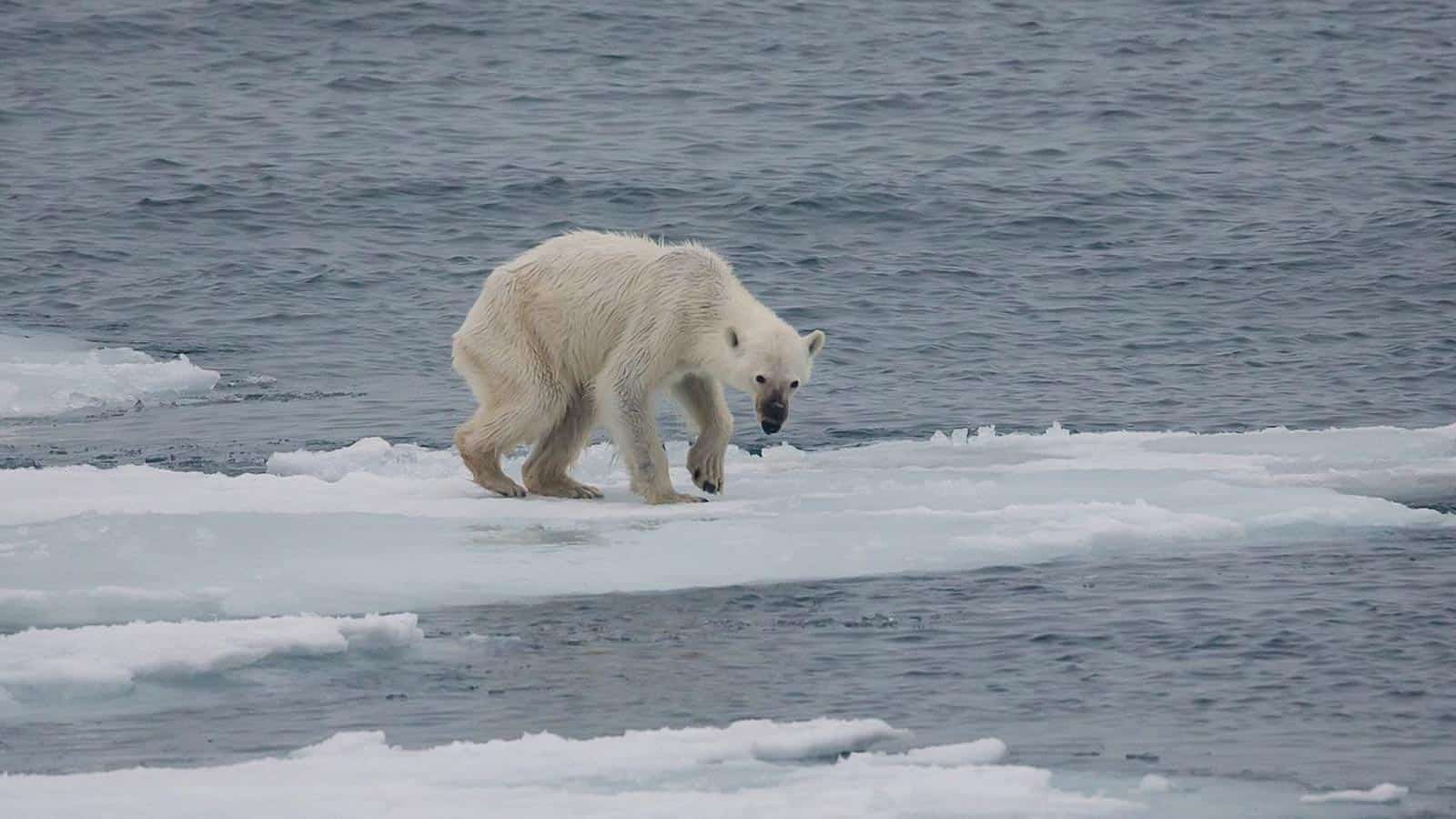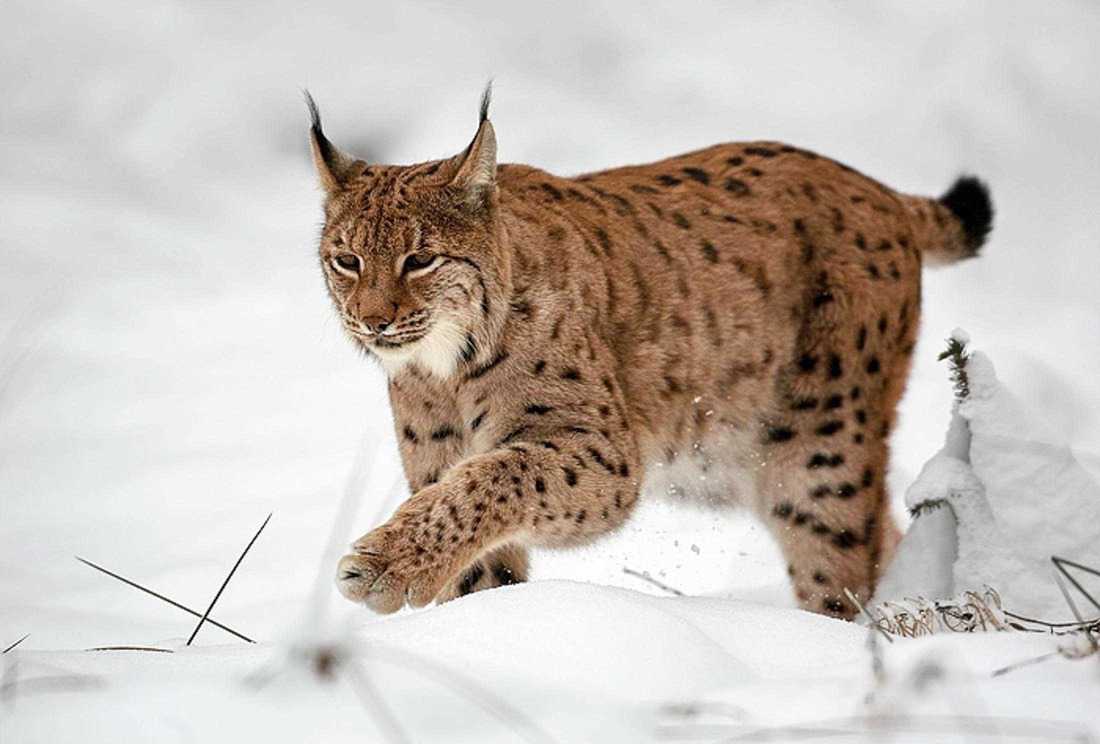Signs of movement in the EU against pesticides and fur farming?
Recent news from Brussels on the agricultural front has involved discussions concerning the level of human impact on animals. Practices harming wildlife and nature are coming under greater scrutiny within the EU. Bees and animals used for fur could benefit from this greater regulatory focus from the EU. The European Commission and the European Food Safety Agency (EFSA) has been busy making new proposals for pesticide control relating to bees. In addition, the European Commission is looking at regulating and possibly banning the breeding of animals used for fur.
Unacceptable for humans but not for nature
In the EU, the authorities permit pesticide use as long as they do not have any damaging effects on human health. Additionally, they must not cause any unacceptable effects on the environment.
However, how ‘unacceptable’ is defined has caused problems. It has led to disagreements in relation to assessing the amount of damage that is permissible to inflict on bees. In this sense, the small difference between what is not harmful to humans but still acceptable damage for the rest of the planet is crucial. Initially in 2013, the EU suggested that a loss of 7% of the bee population per year would be tolerable. However, for most EU states, this was too strict.
Still no agreement to reduce pesticide harm to bees
What this outlines, is that it is perfectly acceptable to kill bees. This is at least from the viewpoint of the EU member states’ agricultural ministers. As of now, there is still no uniform approach to protecting bees from pesticides. In 2019, the EFSA proposed a few measures for assessing the limit at which harm to the environment and bees becomes unacceptable. The suggestions included basing the limit on one of the following parameters: long term survival of bees, calculations founded on the natural fluctuation of the population, a specific percentage of bees killed, and the conservation and preservation of ecosystems’ services and ecosystem quality.
The agricultural ministers considered these proposals and agreed upon instating a limit based on the specific percentage of bees killed. Currently, this limit varies across the EU. Greece, Spain, Hungary and Belgium deem 23% as an appropriate proportion of the bee population killed by pesticides. They justified this by saying this was the range of natural variability for the population. Luxembourg, Sweden, France, Slovakia and Slovenia stuck to the previous 7% suggestion. The European Commission proposed 10% earlier in 2021. However, the Portuguese presidency of the Council of Europe saw this as too ambitious, striking another blow to the vitality and life of bee colonies. At the moment, the European Commission is currently working on new proposals. These would stipulate a limit under the proposals agreed upon by the national agriculture ministers.
End soon to unnatural treatment of animals used in the fur industry?
A group of EU countries are calling for a ban on the breeding of animals used for their fur. These countries include the Netherlands, Austria, Germany, Belgium, Luxembourg and Slovakia. Animals oft-used for include rabbits, foxes and minks. In an open note they claim that such an activity does not reflect the natural needs of the animals. Within the EU, Denmark is the largest contributor to this industry. There are 2 100 farms in Denmark which bred animals for their fur. Poland, Finland and Sweden are all very active in this area too.
According to Austria’s Minister for Sustainability and Tourism, Elisabeth Köstinger, the EU Commission is likely to present a proposal on this topic. Supporters of such a move to ban the breeding of animals for fur fear the spread of zoonotic diseases. This unnatural use of animals has had very tangible impacts recently, with Denmark having to cull millions of bred minks due to a COVID-outbreak in many farms which also posed a threat to humans.
The use of animals in this non-natural way may also lead to the creation of more zoonotic disease in Europe. As many of these animals are kept at high densities, it is likely such a disease would spread quickly. Consequently, this would also infect humans. A future EU proposal preventing such activities, would reduce the likelihood of the occurrence of a zoonotic originating from within the EU. In turn, this would benefit those living in Europe, creating a healthier society.
Heading in the right direction
Despite many disagreements within the member states of the EU, these topics which are important to both the health of humans and the natural world are still continually being discussed. As long these topics remain on the agenda, progress can be achieved. In both of the recent cases concerning bees and fur farming, things are moving in the right direction. The EU is proposing limits on meddling in the natural world, and this will only bring benefits to humans and the environment alike.








